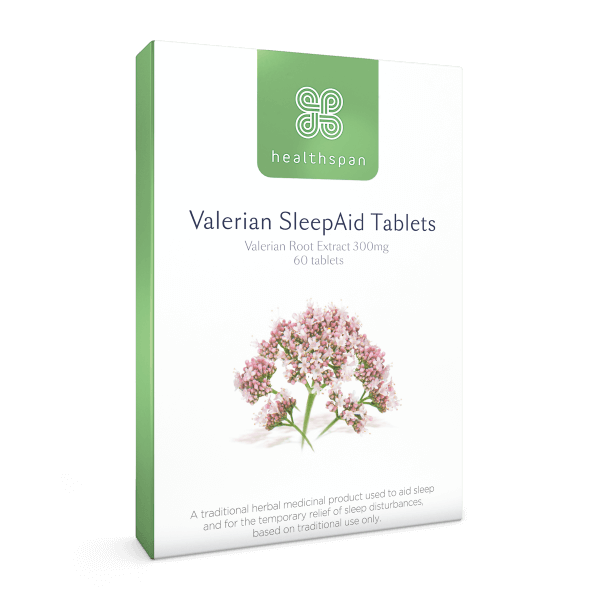We all feel anxious from time to time, but for some it can become overwhelming. Sally Brown is here to help.
Ever felt your heart racing or your stomach churning at the thought of driving on a motorway, meeting up with friends or waiting to board a flight? Anxiety can make everyday events feel threatening, even if you've done them a million times before. It's easy to dismiss such fears as 'just being silly'. But anxiety affects people of all ages, from all walks of life, no matter how outwardly confident and successful they might appear.
Indeed, according to the Mental Health Foundation, anxiety affects 21.5% per cent of women and 16.5% of men in the UK. In one survey, GPs said 84% of their patient consultations were linked to anxiety. 'The pace of life is increasing and we are continually bombarded with all sorts of stimuli, the mental equivalent of overworking your body in the gym every day,' says Nicky Lidbetter, CEO of leading national charity Anxiety UK.
On red alert
A certain level of stress or worry is normal, thanks to the way our brains are wired to be 'better safe than sorry' to keep us out of danger. But for some, the 'fight or flight' response kicks in when we don't need it, keeping our brains on red alert, and triggering Generalised Anxiety Disorder (GAD).
'GAD is like having an allergy - a tiny amount of worry sets off a big reaction, just as a small amount of pollen can have a big effect if you have hay fever,' explains clinical psychologist Dr Kevin Meares, co-author of Overcoming Worry (Robinson). 'When you have GAD, you spend so much time worrying, it can paralyse you and restrict your life. It also brings uncomfortable physical sensations - you feel like your heart is racing and you can never relax.'
The triggers
It's thought that some people may be predisposed to anxiety, but life events, such as times of change, bereavement or trauma can also trigger it. Common symptoms include heart palpitations, breathlessness, nausea, insomnia, lack of concentration, headaches and stomach problems. In the long term, anxiety can also raise blood pressure.
For some, anxiety is linked to social situations or feeling judged by others. Health anxiety, focussing an excessive amount of attention on symptoms and the threat of illness, is also common. For others, anxiety manifests itself as a phobia, such as fear of spiders or flying.
Avoidance tactics
Anxiety can quickly create a vicious circle - even when we're not feeling anxious, we can worry about when we might feel anxious or panicky again. This can then stop us doing things just in case we have a panic attack or 'can't cope'. Avoidance tactics might make us feel better in the short term, but in the long term, they make anxiety worse, because we never get the chance to find out that we can cope, and that nothing bad will happen.
A better strategy is to equip ourselves with the tools and knowledge to manage anxiety. Devoting time to relaxation and feeling calm every day is not an indulgence - think of it as your 'prescription' for mental wellbeing!
Seven ways to let it go
1. 7-11 breathing
Try 7-11 breathing exercises which can help calm the nervous system. Breathe in through the nose to a count of 7, then breathe out for a count of 11. Change the count to 5-7 if that feels easier - the key is to make the out breath longer than the in breath. Repeat until you start to feel calmer, and aim to do it a couple of times a day.
2. Stay active
Exercise helps the body metabolise stress hormones, boosts endorphins and reduces muscle tension, which can have a knock-on effect on state of mind.
3. Schedule worry time
Designate 15 minutes a day for worrying, then when worries come up, mentally 'park' them until your worry time.
4. Create a soothing mantra
Repeat a simple phrase to yourself when you need it, such as 'all is well', and 'I am safe'.
5. Be mindful
Learn to quieten a 'monkey mind': Mindfulness - A Practical Guide to Finding Peace in a Frantic World by Prof Mark Williams and Dr Danny Penman (Piatkus) is an eight-week self-help course with a CD of guided meditations.
6. Lend a listening ear
If someone close to you is an anxiety sufferer, don't tell them not to worry! But do offer to help them face up to situations that make them anxious, rather than avoiding them.
7. Don't bottle it up
If it is all getting too much seek the help of a healthcare professional and/or contact Anxiety UK (call 03444 775 774; text 07537 416905; email: support@anxietyuk.org.uk)

Valerian SleepAid
Traditional Herbal Medicine (THR) for sleep
- Traditionally used to aid sleep and relieve sleep disturbances
- 300mg root extract, equivalent to 1,500mg-1,800mg Valerian root
- Regulated by the MHRA and of guaranteed quality







